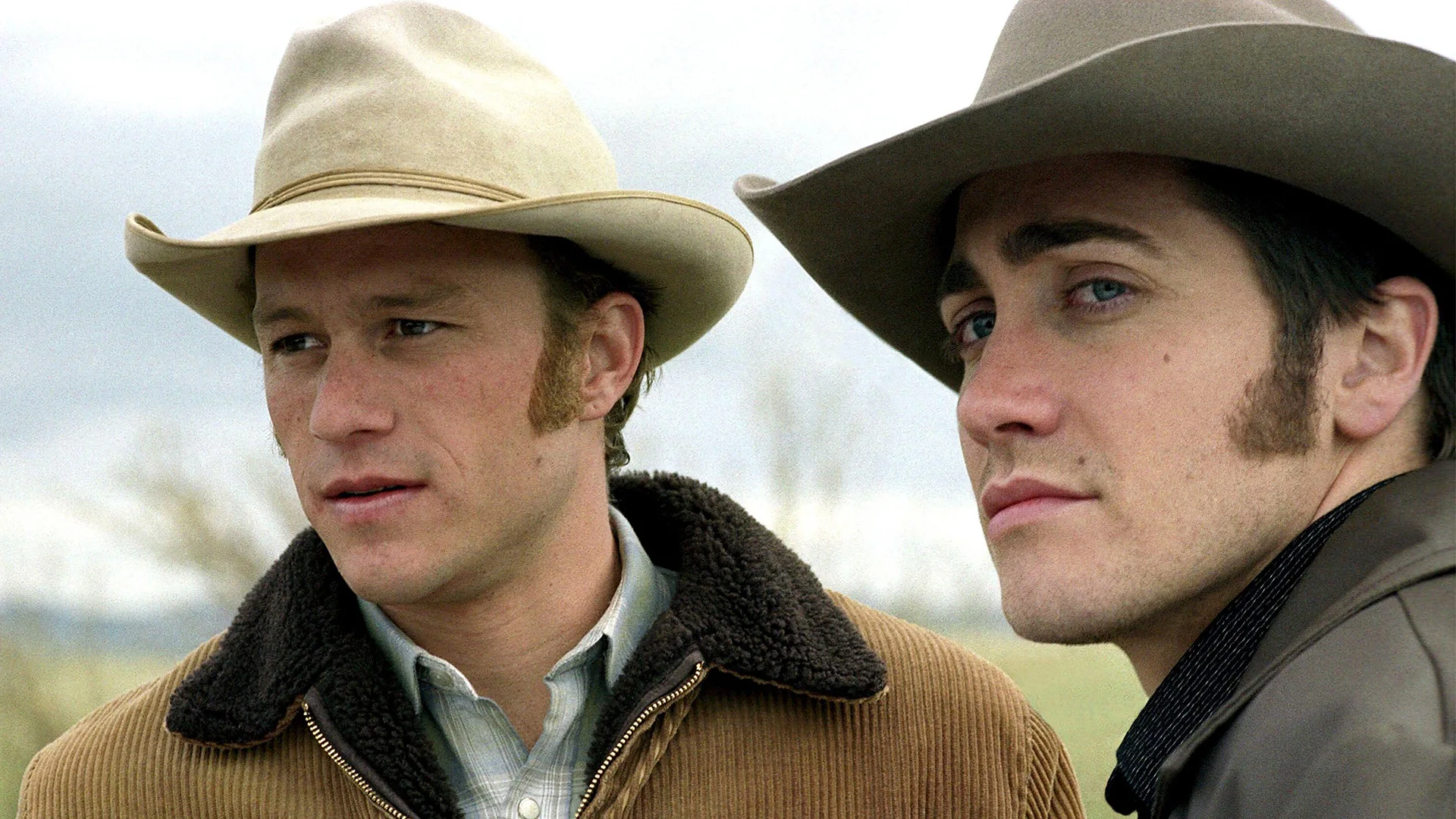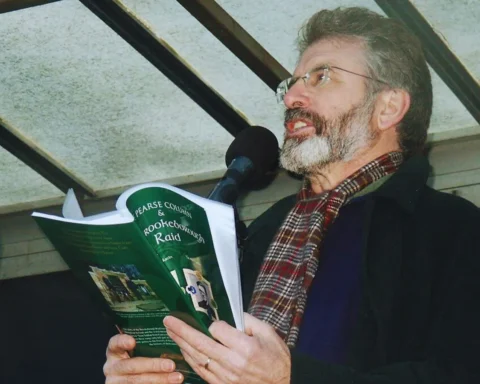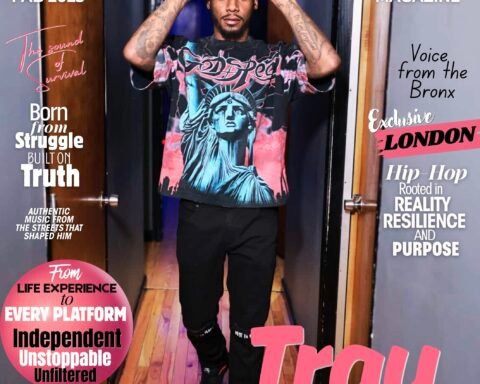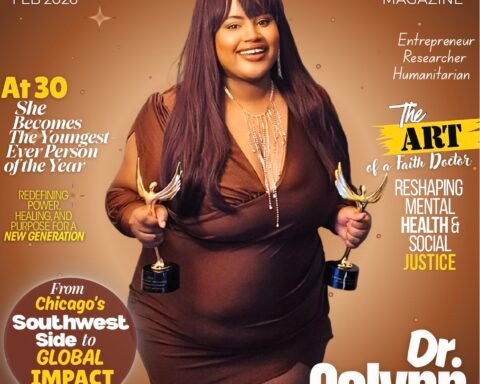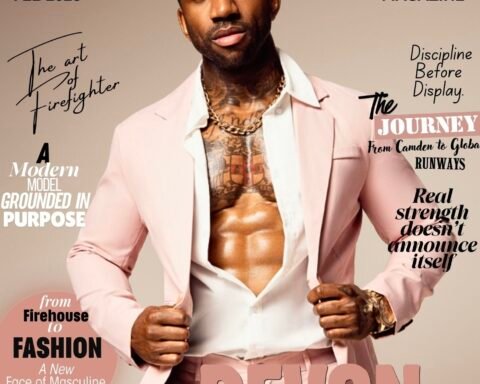Twenty Years Later, Ang Lee’s Bold Western Romance Still Stands as a Landmark in LGBTQ+ Storytelling
When Brokeback Mountain hit theatres in 2005, it didn’t just tell the story of two men in love—it told Hollywood, and the world, that queer stories could no longer be sidelined. With its haunting performances, poetic direction, and daring subject matter, Ang Lee’s film became both a lightning rod for controversy and a cultural milestone. Now, two decades on, the “gay cowboy movie” that once made audiences shift uncomfortably in their seats is being re-released in U.S. cinemas, reigniting conversations about its legacy, influence, and enduring emotional power.
Adapted from Annie Proulx’s 1997 short story by Larry McMurtry and Diana Ossana, Brokeback Mountain focused on Ennis Del Mar (Heath Ledger) and Jack Twist (Jake Gyllenhaal), two sheep herders in 1960s Wyoming whose summer of isolation blossoms into a lifelong, tragic love affair. At a time when LGBTQ+ representation was either niche, comedic, or framed through trauma like the AIDS crisis, Brokeback carved out a distinct lane: it was neither satire nor martyrdom, but an epic romance—with two rugged men at its heart.
A Groundbreaking Love Story, Told in Familiar Language
What made Brokeback Mountain so unique in 2005 was its willingness to blend queer love with classic Hollywood genres. “It was a Western. It was a melodrama. And it was a romance,” notes critic Manuel Betancourt. “It played within two well-worn genres and infused them both with new vibrancy.” Ang Lee, best known at the time for Sense and Sensibility and Crouching Tiger, Hidden Dragon, took a daring pivot by tackling this quietly revolutionary script. Backed by a cast of rising stars—Ledger, Gyllenhaal, Michelle Williams, and Anne Hathaway—the film was both emotionally intimate and cinematically grand.
Yet producing the film was far from easy. According to co-writer and producer Diana Ossana, many actors were afraid to take on the role of Ennis, fearing career damage from playing a gay character. “The biggest problem was casting Ennis. Actors would commit and then back out, or they just were too afraid,” she recalls. Even once Ledger was cast, there was resistance from studio executives who didn’t see him as “macho” enough. Ironically, Ledger’s brooding, tightly wound portrayal became the film’s emotional anchor—and arguably, his finest work.
Provocation in the Heartland
When the film was finally released in December 2005, it immediately drew intense attention—and discomfort. Audiences in conservative parts of the U.S. often reacted viscerally. Ossana personally attended screenings in those regions and observed a pattern: “After the tent scene, five or six people would get up to leave.” That now-iconic moment—two men sharing intimacy in a quiet tent under the stars—was a jolt to mainstream sensibilities, particularly within the traditional masculinity of the Western genre.
As the story unfolds, Brokeback Mountain becomes sadder, more complex, and deeply human. The men’s inability to live openly together—due to both external homophobia and internalised fear—speaks to a specific American tragedy. Ennis cannot accept the idea of a shared life with Jack, retreating instead into a fractured existence of regret. Their love flickers only during periodic “fishing trips,” and ultimately ends with Jack’s ambiguous death, heavily implied to be a hate crime. For many, it was the first time Hollywood had framed queer romance with the same epic sadness traditionally reserved for star-crossed heterosexual couples.
A Cultural Shift—and a Complicated Legacy
Despite losing Best Picture at the Oscars (to Crash, a decision still ridiculed), Brokeback Mountain won three Academy Awards, including Best Director for Ang Lee. It helped legitimize queer narratives within mainstream cinema and opened the door for later films such as Milk, Call Me by Your Name, and Moonlight—the latter finally achieving what Brokebackcould not: a Best Picture win.
Yet the film’s legacy is layered. Critics like Tim Teeman and Kyle Turner have noted that while Brokeback broke barriers, it also played into Hollywood’s tendency to depict queer love as “beautiful but doomed.” Still, its impact is undeniable. “It’s easy to take for granted the way Brokeback Mountain changed the shape of LGBTQ+ representation in the mainstream,” Turner says.
Twenty Years On: Still Unforgettable
Today, Brokeback Mountain continues to inspire, resonate, and divide. New queer stories like The History of Sound still get compared to it, proving its enduring grip on the cultural imagination. Its emotional depth, quiet rage, and visual poetry remain unmatched in the genre. The line “I wish I knew how to quit you” isn’t just a meme—it’s a symbol of longing, repression, and the pain of unfulfilled love.
As the film returns to cinemas for its 20th anniversary, it does so not just as a relic of a different era, but as a still-burning testament to storytelling courage. In 2005, Brokeback Mountain dared to look at love between men with tenderness and tragedy. In 2025, it dares us to remember—and reflect.
Byline: Culture Desk | June 21, 2025
Now showing in select U.S. theatres for a limited re-release.

